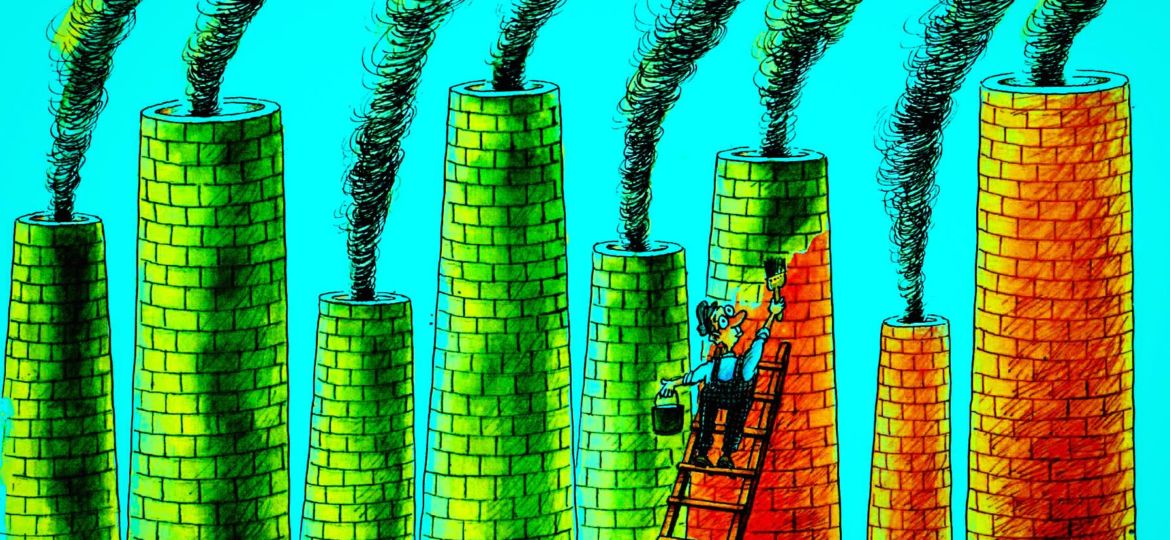With World Environment Day 2022 occurring yesterday (5th June) a spotlight was shone on the world of ‘green’ advertising. Sustainability is fast becoming a cornerstone of society, with consumers becoming more conscious about their shopping habits than ever before. It is therefore, important for businesses to also switch their behaviours, not only for CSR purposes, but also to keep that all-important loyalty of customers.
But, if you’re an environmentally conscious shopper, you may need to keep your wits about you 😉 Businesses are increasingly capitalising on marketing their green credentials in a bid to win over consumers. This puts us in a contradictory situation; we, as humans, should strive to consume less, but businesses are using sustainability as an opportunity to get us to consume more? Yes, their product might be made from recycled bottle tops and offset carbon emissions during production, but if it’s replacing an item that I already have, is this not defeating the principle in question? But a business is a business – I get it. It needs to make money.
It is great that businesses are taking action towards becoming more sustainable and shouting about it to consumers, but some pesky businesses are not doing exactly what they say they are, or simply doing it as a cover to impress customers. This is what we all know as ‘greenwashing’.
An all-time CLASSIC example of greenwashing is Volkswagen and their emissions scandal. As I’m sure you are all aware, as this certainly did not go unreported, VW were fitting devices to vehicles during emissions tests so that their emissions were reported as much lower than actual levels. Meanwhile, they were releasing marketing campaigns about the eco-friendly features of their vehicles.
Another example of a business being called out for greenwashing is Innocent drinks. In 2022, they released an advert encouraging consumers to buy innocent drinks to help ‘fix up’ the planet. The ad implied that, by purchasing Innocent products, consumers could make a positive impact on the environment. However, their plastic bottles only contain 50% recycled materials and 50% virgin materials. Innocent, owned by Coca-Cola, also produces 3 billion tonnes of plastic packaging per year, that’s 200,000 bottles a minute! Not so great anymore, huh? They received an ASA ban for this, and are now calling for a review and “clearer guidelines on ‘greenwashing’”.

An example, now of a business that is doing it right, (as far as we know 😉) is Patagonia. In 2016, they really championed on their “Don’t buy this jacket campaign”, to signify Black Friday – where consumerism is often at its peak – getting consumers to consider the impact of consumerism on society. This ties in super nicely with Patagonia’s renowned excellent quality and durability, as well as their repair initiative, which encourages customers to send their clothes back to the store for a repair, rather than buying a new jacket. Most repairs are conducted for free, depending on the severity of the repair, again providing a deeper incentive for repairing items rather than purchasing new ones. Patagonia also sell used clothes in their ‘Worn Wear’ section of the website, reinforcing their sustainable values even further.

I personally think the efforts that Patagonia have gone to are admirable, it is clear they are not box-checking – they’ve fully committed and it’s coming off as sincere, winning over positive brand awareness and consumers – success!
So the next time your clients are asking you to market their green credentials, be wary that it could be another green cover-up…
By Anna Baughen



